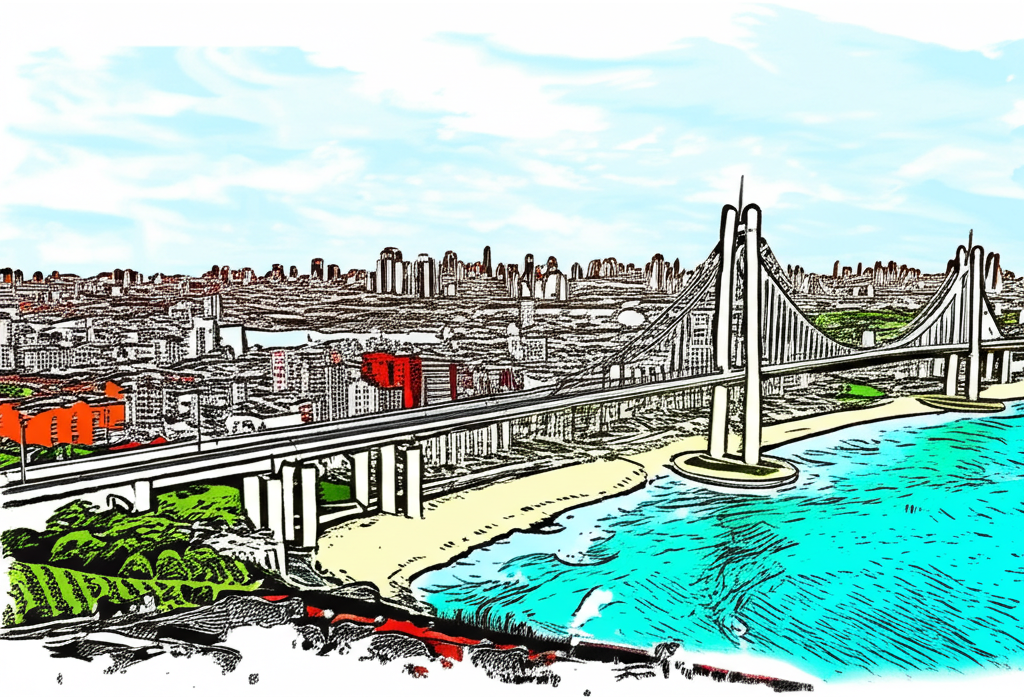Tired of potholes and power outages? In Lagos, Community Development Associations (CDAs) are not waiting for the government. They’re rolling up their sleeves and fixing their neighborhoods themselves! From roads to security, these communities are using their own resources to make life better. Here’s a look at how they’re getting it done.
Here’s a quick rundown of what you’ll find in this article:
- CDAs are stepping up to fix critical infrastructure gaps.
- Self-help projects include road construction, drainage, and security.
- These efforts are driven by necessity, not choice.
- Examples from CDAs across Lagos show impressive results.
- Residents are funding these projects themselves with some help from the diaspora.
When Government Fails, Communities Rise
It’s a story we hear too often: communities in dire need, but the government is slow to respond. In Lagos State, Nigeria, Community Development Associations (CDAs) are tired of waiting. These groups of residents are taking matters into their own hands, launching self-help projects to fill critical gaps in their neighborhoods. Think road construction, drainage systems, and even beefing up security.
From Potholes to Progress
CDAs in both urban and rural areas, from Isolo to Ijede and beyond, are undertaking impressive initiatives. They’re not just patching things up; they’re building for the future. These projects show what happens when a community decides to act.
Examples of CDA Success Stories
Liberty Estate CDA: Isolo
- Installed three transformers to boost power supply.
- Built a CDA secretariat.
- Paved nine streets with interlocking stones for smoother roads.
- Constructed a drainage system.
- Installed solar street lights for safer nights.
- Erected an entrance gate to control access to the community.
Isheri North GRA CDA: Ikosi-Isheri
- Paved the main road and nine other streets with interlocking stones.
- Provided a central water system.
- Constructed embankments to prevent flooding.
- Renovated their CDA secretariat.
- Bought and energized seven transformers.
- Automated their gates.
- Employed 80 security personnel and purchased electric poles.
Oshorun CDA: Ikosi-Isheri
- Provided a water system for all houses.
- Constructed interlocking roads with drainage on 14 streets.
- Installed two 500 KVA transformers.
- Installed solar streetlights and CCTV.
Magodo Phase 2 CDA: Ikosi-Isheri
- Built a fully furnished security lodge.
- Created a children’s playground and a general lounge for residents.
- Constructed a senior citizen relaxation centre.
- Constructed a CDA hall.
- Constructed 13 roads and drainages with speed breakers and walkways.
- Installed 75 CCTV cameras across the estate.
- Bought four motorcycles for security patrols.
- Acquired an environmental van.
- Employed 70 security personnel and surveillance personnel.
- Automated gate system using e-tags.
- Purchased four generators for backup power.
And Many More…
The list goes on with CDAs like Ise Oluwa, Oko-Ito, Equitable Estate, Omitoro Phase 5, Iwajowa, Awodi Ora Estate, Iba Oloja, Azare, Shagari, and Gbara – each taking on unique projects tailored to their communities’ needs. They’re paving roads, installing lights, setting up security, and more. It’s a real community-led movement.
Why Are They Doing This?
These projects aren’t just about convenience; they’re about necessity. CDAs often start these initiatives after their requests to the local government go unanswered. It’s a last resort born out of frustration and a need to take care of their own.
Funding the Change
These projects are expensive, and the cost is largely borne by the residents themselves. From individual contributions to fundraising efforts, these communities are finding ways to make their neighborhoods better. In one case, residents contributed N500,000 each, with some landlords giving even more, up to N2 million, to fund road construction. They also benefit from the support of their indigenes in the diaspora, who contribute to this effort.
The Impact
The impact of these CDA projects is profound. They are creating safer, more livable neighborhoods, and giving the community a sense of pride and control over their environment. It is also an act of defiance and empowerment. They have sent a clear message to the government: ‘We can do this ourselves.’
Looking Ahead
The efforts of Lagos CDAs are a testament to the power of community-led initiatives. As residents continue to take charge, they not only fix infrastructure problems but also set an example for community empowerment and self-reliance. What will these incredible groups do next?





